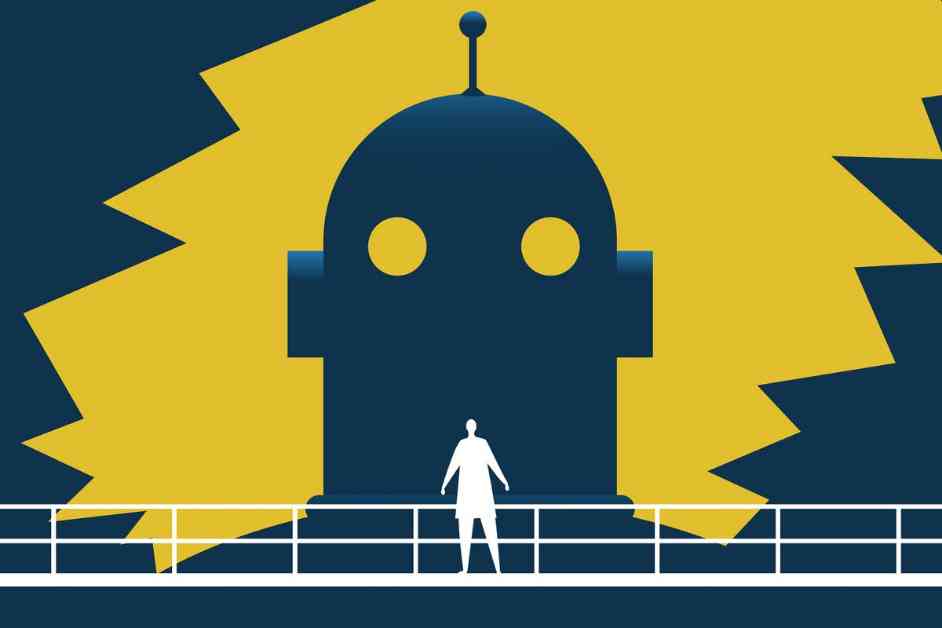The recent Nobel Prizes in Physics and Chemistry have sparked a debate about the role of artificial intelligence (AI) in scientific exploration. Some argue that AI is taking over science, while others see it as a valuable tool for advancing our understanding of the world. The physics Nobel was awarded for research on the physical principles of information, not just AI applications, while the chemistry prize recognized groundbreaking work in protein structure prediction.
AI has the potential to revolutionize science by helping us make new discoveries and solve complex problems. For example, AI tools like AlphaFold have been able to predict protein structures with unprecedented accuracy. However, AI is not without limitations and cannot replace the human element in scientific inquiry. Scientists will always be needed to ask questions, design experiments, and make sense of the world around us.
As AI becomes more integrated into scientific research, it’s important to consider how it can complement human expertise rather than replace it. While AI can offer valuable insights and solutions, it is ultimately limited by the data it is given and cannot replace the creativity and intuition of human scientists. The real world, with all its complexity and mystery, will always require human scientists to explore and understand it.
In conclusion, AI is a powerful tool that can enhance scientific exploration and lead to new discoveries. However, it is not a substitute for human curiosity, creativity, and ingenuity. The future of science will likely involve a combination of AI and human expertise working together to unlock the secrets of the universe.




